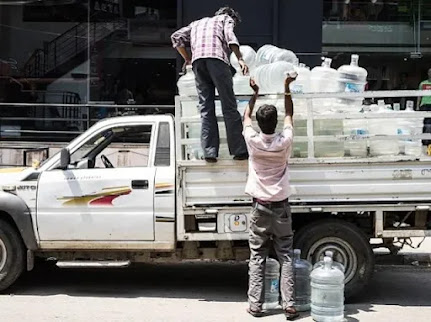The Indian conglomerate had been in advanced discussions to take control of Bisleri and the parties were working on finalizing the structure of a transaction, the people said
Topics
Tata group | Stake sale | Parle
Tata Group’s talks for a majority stake in Bisleri International Pvt, one of India’s largest bottled water makers, have stalled overvaluation, according to people familiar with the matter.
The Indian conglomerate had been in advanced discussions to take control of Bisleri and the parties were working on finalizing the structure of a transaction, the people said. Bisleri’s owners were looking to raise about $1 billion from a deal, the people said. Negotiations later hit a snag as the companies were unable to agree on a valuation, said the people, who asked not to be identified as the information is private.
Discussions between Tata and Bisleri could still resume, and other potential suitors may emerge, the people said. Representatives for Tata and Bisleri declined to comment.
Bisleri traces its roots to 1949 when Shri Jayantilal Chauhan founded soft drinks maker Parle Group, which acquired Bisleri from an Italian entrepreneur in 1969, according to its website. It said it has a 60% share in India’s bottled mineral water market. The company also manufactures hand sanitizer. Bisleri was in talks to sell a stake to Tata, Bisleri Chairman Ramesh Chauhan said in a local television interview in November.
For Tata Group, acquiring Bisleri could have expanded its portfolio of bottled water brands in India. One of the conglomerate’s listed units, Tata Consumer Products Ltd. owns the Himalayan Natural Mineral Water and Tata Water Plus brands.

Comments
Post a Comment